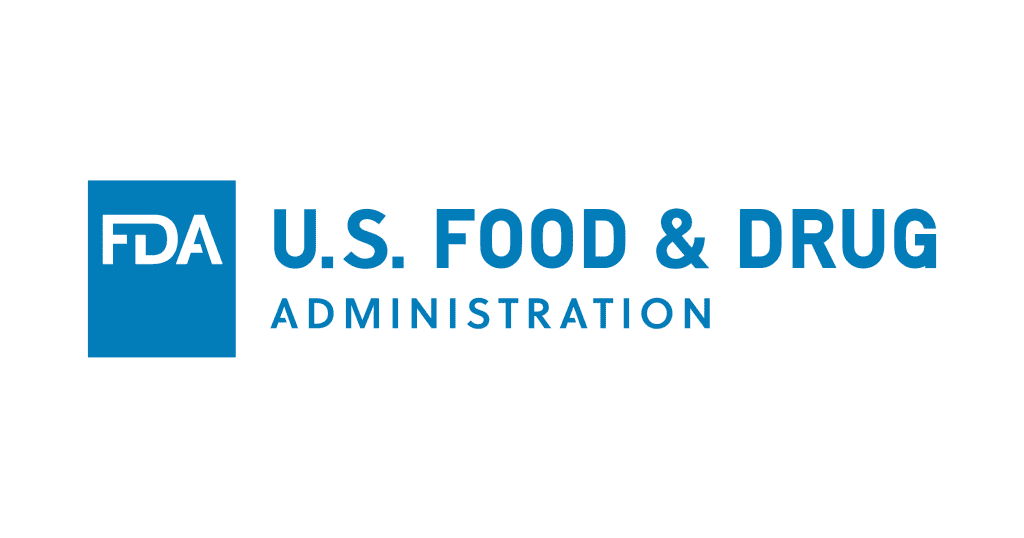Three Changes Proposed in 2024 Federal Budget that Could Affect Homeopathic Manufacturers

President Biden unveiled his 2024 Federal Budget Proposal on March 9, 2023. AAHP is highlighting three items that could impact homeopathic manufacturers. These items are among a variety of legislative changes FDA is asking of Congress and, more generally, among the $6.9 trillion in proposed items symbolically seen as representing the priorities and values of the President. The budget sets the stage for months of negotiations with a currently divided Congress, who ultimately determines which pieces to pass from the budget. As AAHP kicks off its 2023 Congressional education meetings, we will closely monitor the movement of these proposed items.
- Mandatory Recall Authority for All Drugs
FDA is seeking to expand FDA’s mandatory recall authority under the SUPPORT Act so that it covers all human and animal drugs. The SUPPORT Act, enacted in 2018, provided FDA with authority to mandate recalls for controlled substances. FDA also has mandatory recall authority for biological products under the Public Health Service Act § 351(d) [42 U.S.C. § 262(d)], and recently received mandatory recall authority for cosmetics as part of the FDA Omnibus Reform Act. The agency lacks mandatory recall authority for other human and animal drugs. Under current law, the great majority of companies agree to recall their human or animal drug products when asked to voluntarily do so by FDA. However, there are cases where a company extensively delays initiating a recall or refuses to recall a violative drug product when asked to voluntarily do so. FDA believes that expanding its mandatory recall authority would help remove violative human and animal drugs more quickly thereby reducing harm to consumers due to exposure to dangerous products.
- Evaluation of Non-Application Drug Manufacturers Before Marketing
FDA is seeking an amendment to authorities with respect to non-application drugs (finished dosage forms and active pharmaceutical ingredients (API)) to provide the agency time to use a risk-based approach to determine if an inspection of the manufacturing facilities is necessary before the drug can be distributed, and to conduct the inspection if it is necessary. Under this proposal, a manufacturer that intends to distribute a non-application drug in interstate commerce from an establishment for the first time would be required to notify FDA of its intent at least six months prior to its first distribution. Additionally, manufacturers that intend to distribute sterile, non-application drugs in interstate commerce for the first time and have not previously been inspected for sterile manufacturing operations would be required to submit such a notice at least six months prior to their first distribution of a non-application sterile drug in interstate commerce, even if they already distribute other non-sterile drugs in interstate commerce. Under current law, for drugs that are not subject to premarket approval requirements, FDA typically does not have a feasible opportunity to inspect the manufacturing facilities before such products are shipped to or distributed in the U.S. A recent focus on firms manufacturing non-application drugs has identified a high rate of non-compliance with current good manufacturing practice (CGMP) requirements, especially when a facility is first inspected. FDA believes that ensuring it has an opportunity for an inspection before distribution would help identify potential safety issues related to manufacturing before a drug product is distributed into interstate commerce and ultimately to patients.
- Enhanced Drug Manufacturing Amount Information and Reporting
FDA is seeking to enhance the manufacturing volume information required to be reported under Section 510(j) (3) of the FD&C Act to expressly require registrants to provide data identifying the suppliers they relied on to manufacture the listed drug and the extent of such reliance. The Coronavirus Aid, Relief, and Economic Security Act (CARES Act), added section 510(j)(3) to the FD&C Act which requires drug manufacturers registered under section 510 of FD&C Act to report annually to FDA the amount of each listed drug they manufactured, prepared, propagated, compounded, or processed (“manufactured”) for commercial distribution. However, FDA still has gaps in its understanding of the drug supply chain. Specifically, the information required to be submitted under section 510(j)(3) of the FD&C Act is insufficient to help FDA understand which suppliers registrants are relying upon and how reliant they are on them. FDA believes the information from the proposed authority would help identify vulnerabilities in the supply chain that may be hidden due to the limited information provided to FDA under section 510(j) and, for application products, the approved applications.
